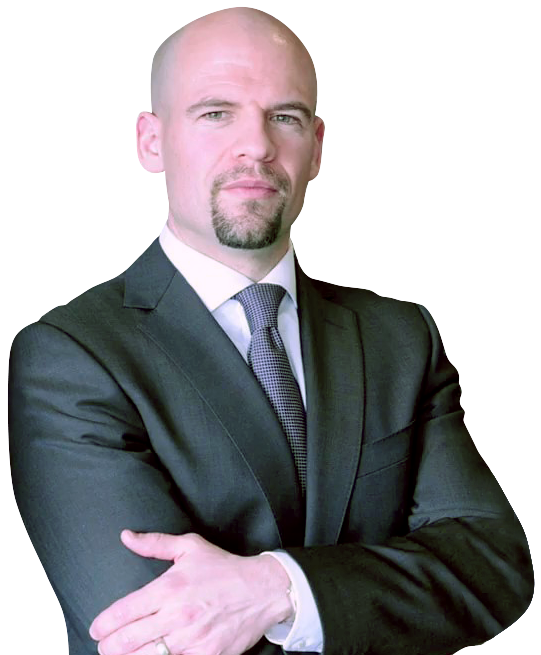Medical billing fraud refers to health care providers billing for services that are not provided or are not necessary. It is perhaps the most common form of health care fraud and prosecuted under the False Claims Act.
Medicare whistleblowers are entitled to protection and can receive up to 30% of the government's recovery.
False Claims Act whistleblowers have brought hundreds of successful lawsuits challenging several types of improper billing schemes and disclosing fraudulent practices, including:
Upcoding. Upcoding schemes can happen when providers submit claims for most costly services that aren't justified.
Unbundling. Medicare and Medicaid require a fixed sum be paid for certain bundled services. The rate of reimbursement to medical providers for bundled services is generally less than if each part of the treatment were billed separately. Providers have an economic incentive to “unbundle” services.
Phantom Billing. When patients are billed for services that were never performed, it is called phantom billing.
- MORE ABOUT THE FALSE CLAIMS ACT
-
ABOUT THE FALSE CLAIMS ACT
- False Claims Act Explained
- Types of False Claims Act Fraud
- Rewards for False Claims Act Whistleblowers
- Protection for False Claims Act Whistleblowers
FREQUENTLY ASKED QUESTIONS
- Frequently Asked Questions
- What is Qui Tam?
- What is a False Claims Act Whistleblower?
- Who Can File a False Claims Act Whistleblower Case?
- Do I Need a Lawyer To Become a Whistleblower?
- Can a Whistleblower be Sued for Filing a False Claims Act Claim?
- What if the Government Refuses to Pursue a Whistleblower Lawsuit?
- What is the Statute of Limitations for Whistleblowers’ False Claims Act Claims?
- What State and Local False Claims Act Laws Exist for Whistleblowers?
LAWS AND STATUTES






